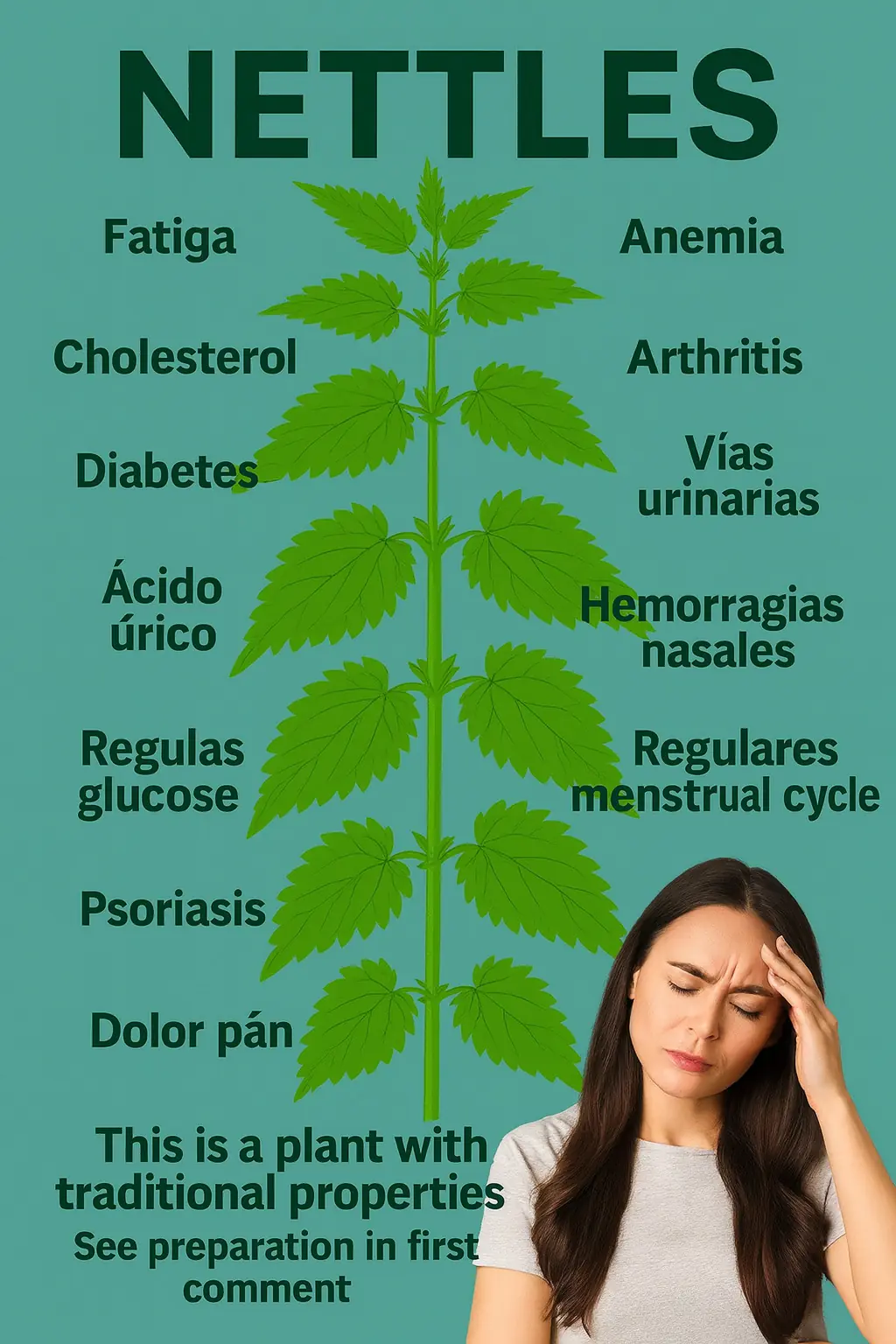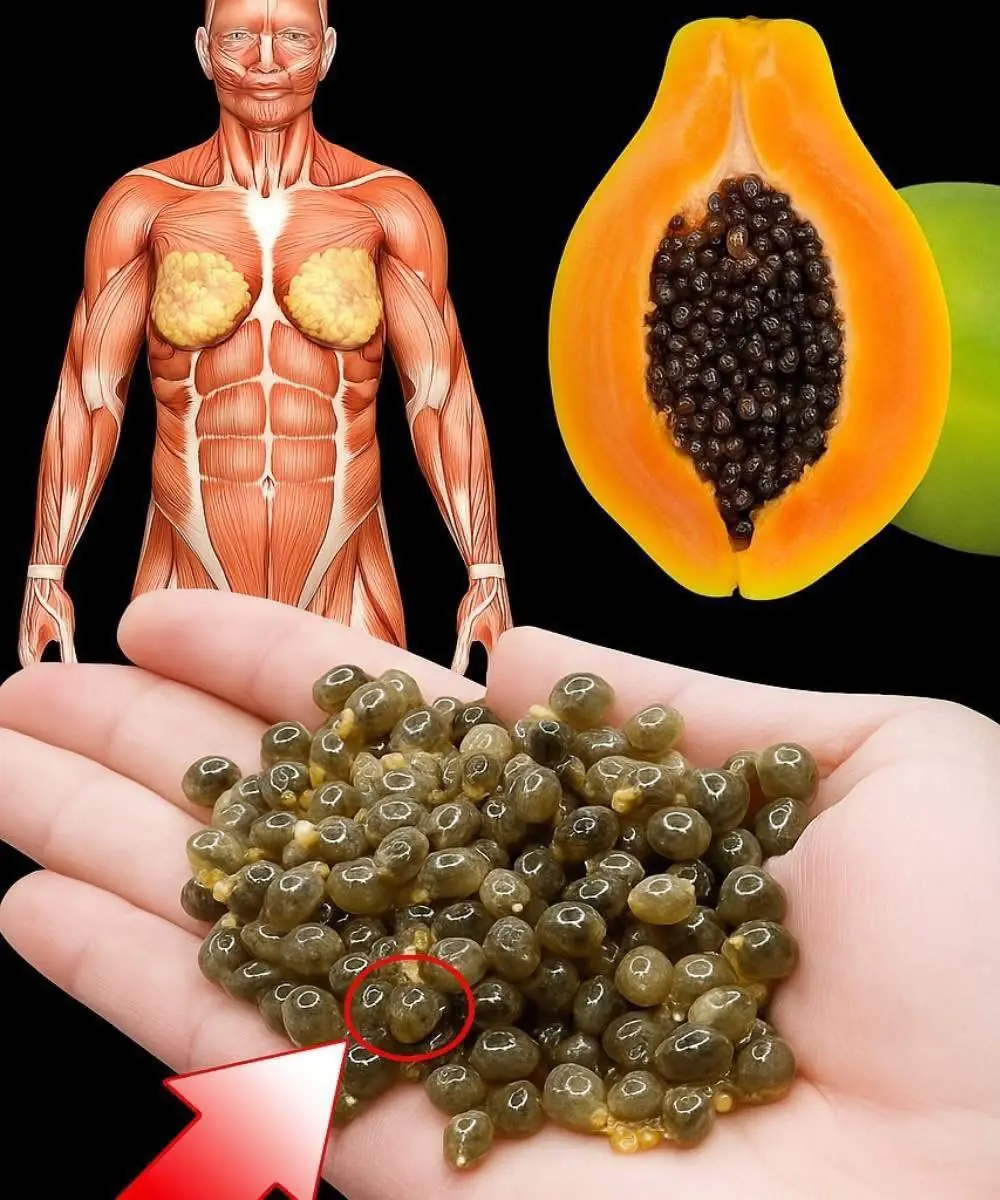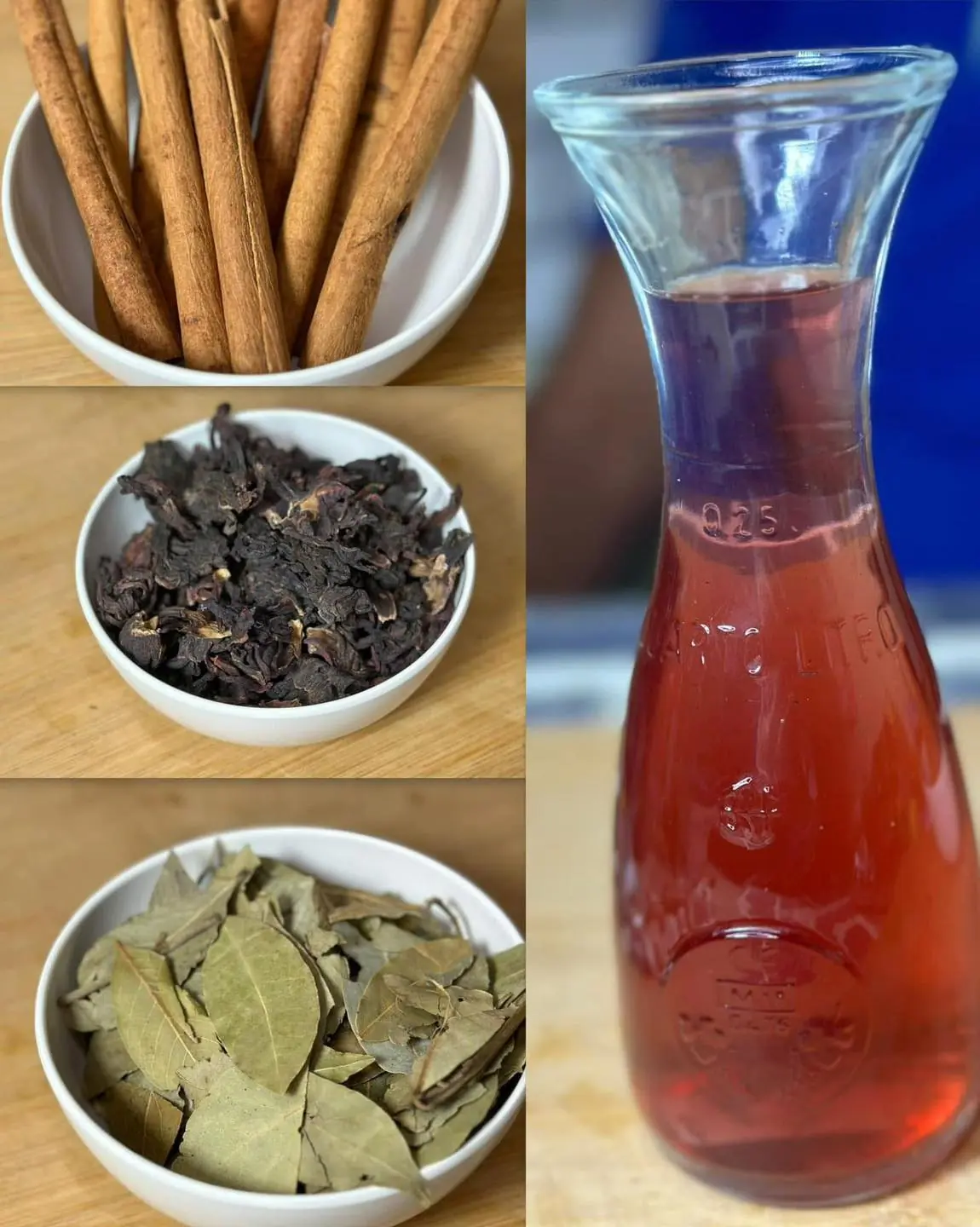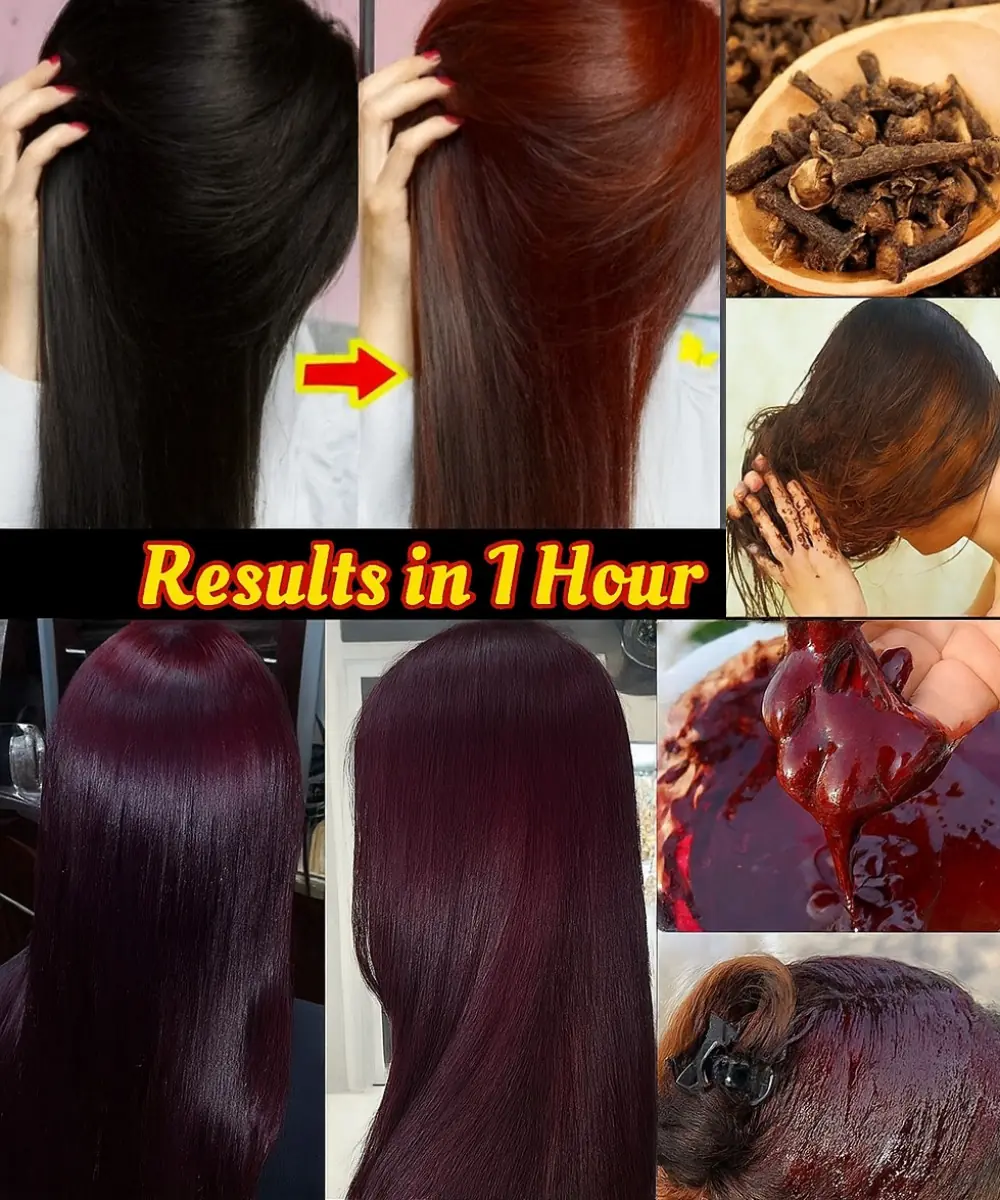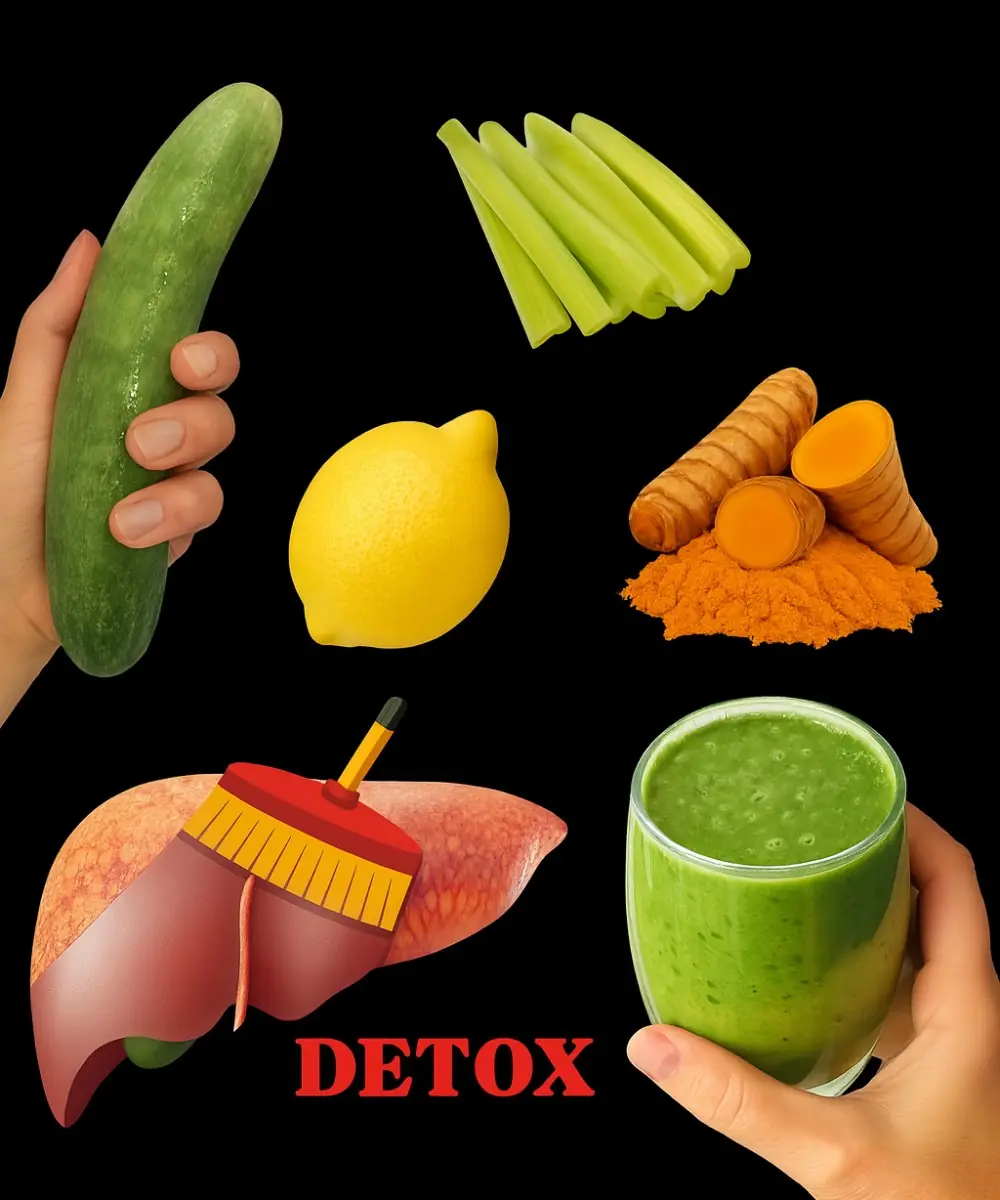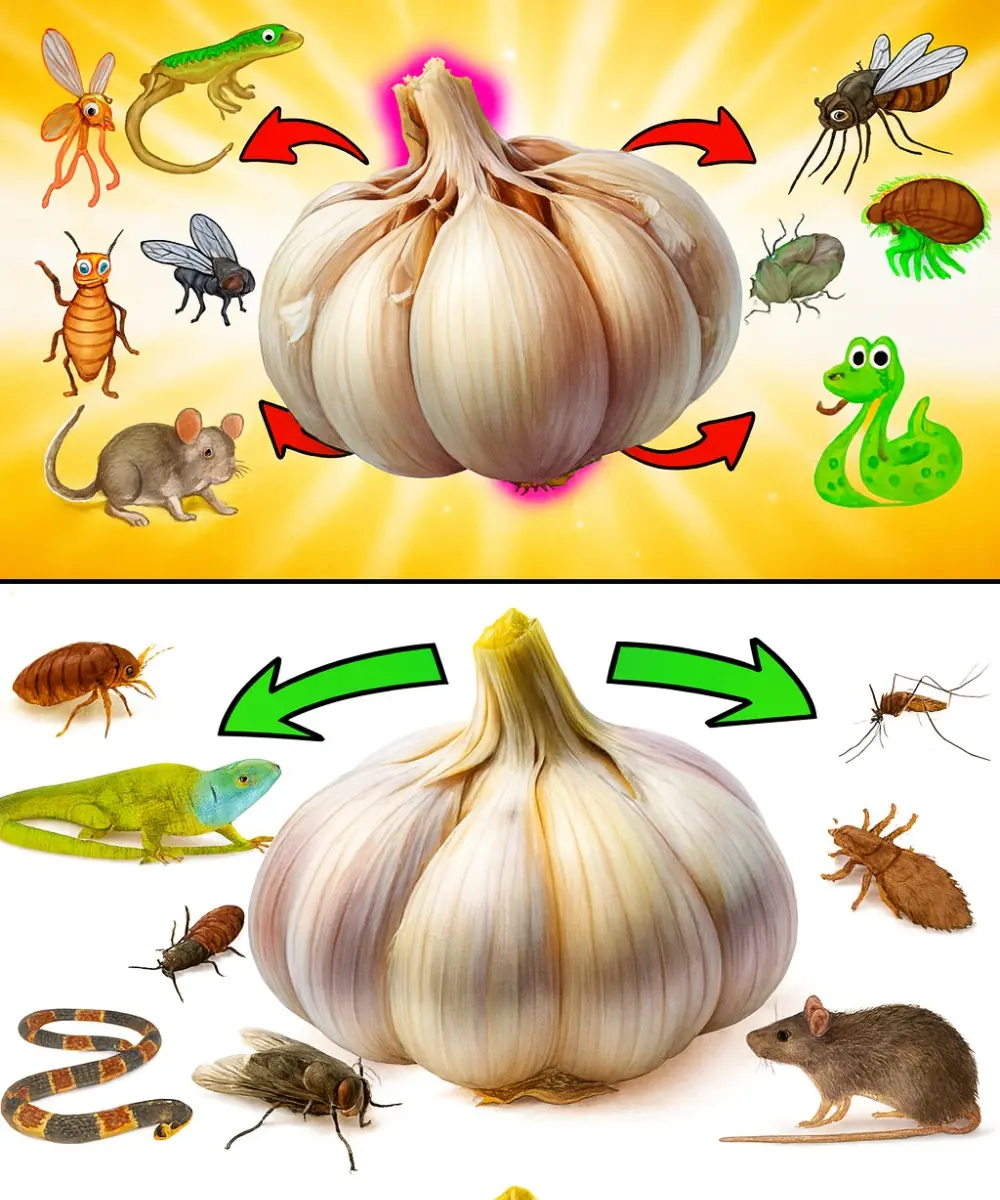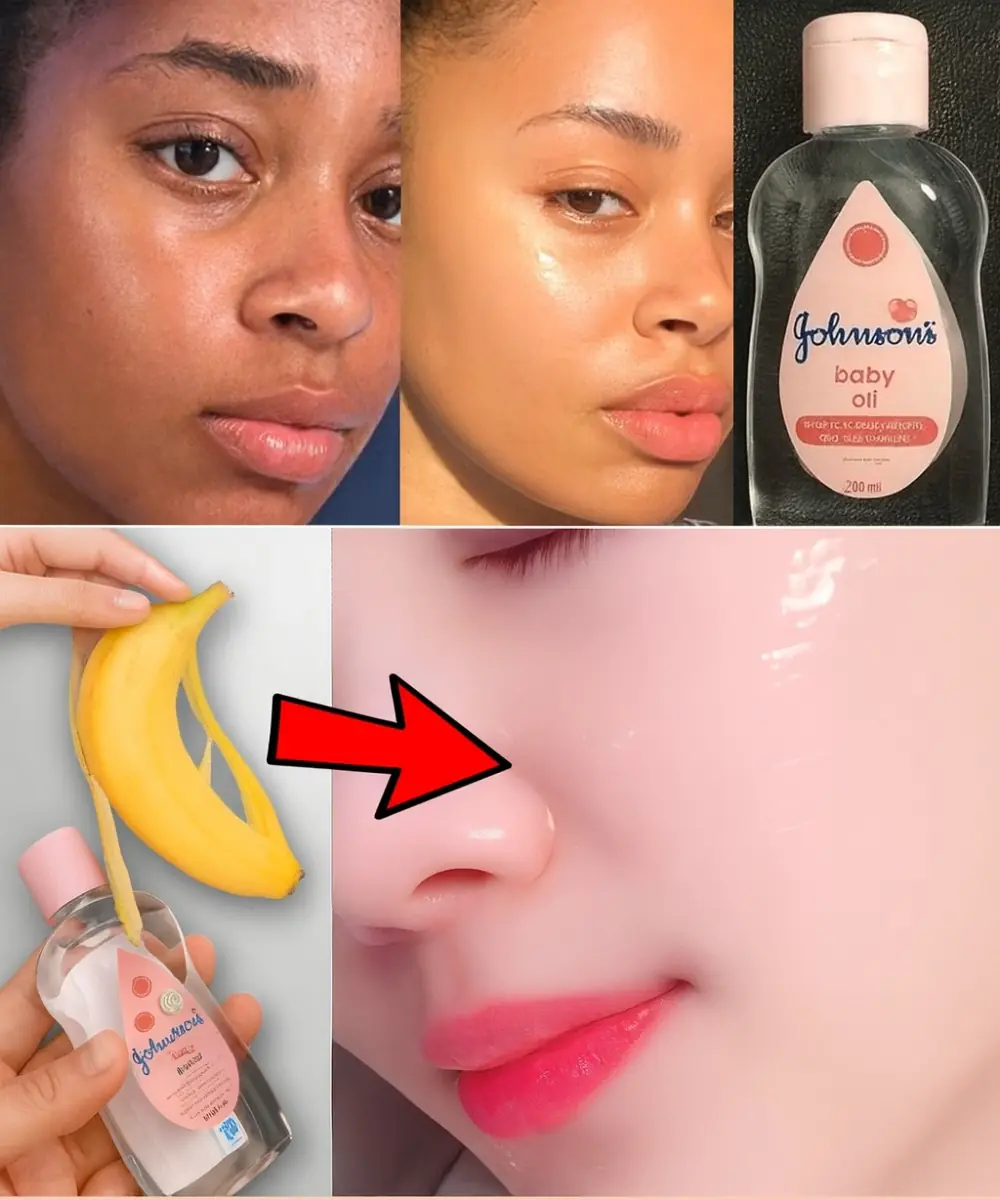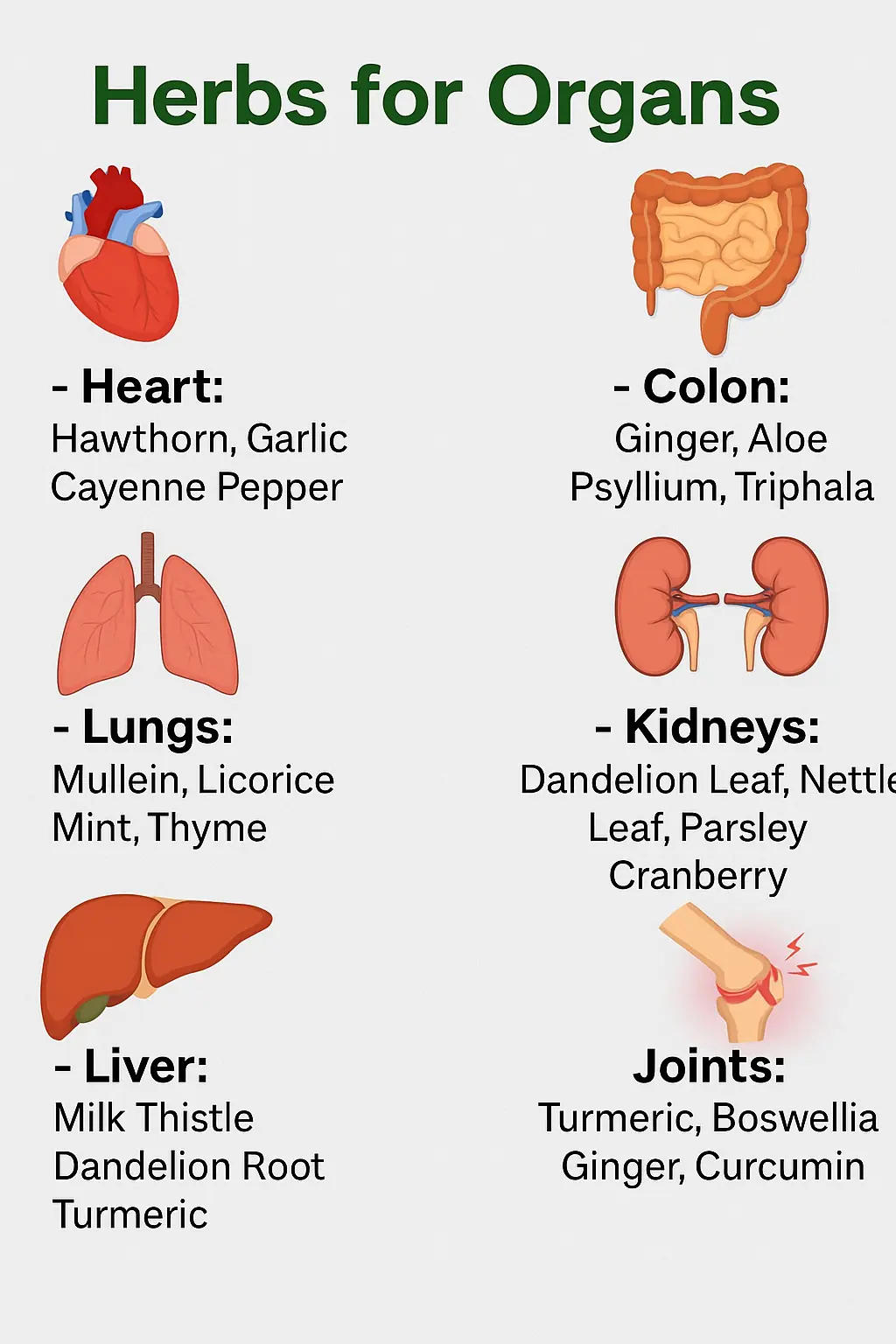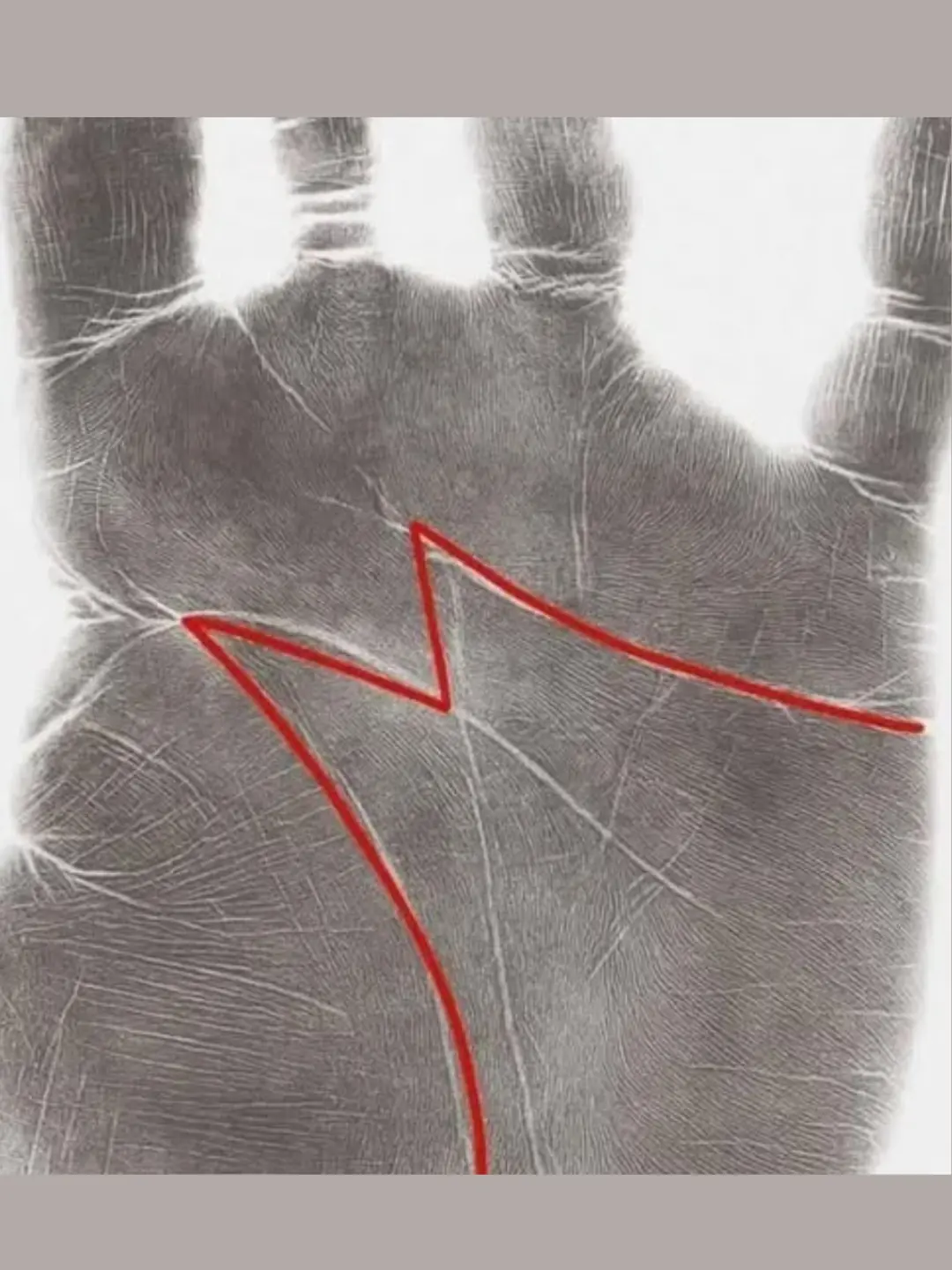
Imagine waking up to shinier, stronger hair just by using something from your kitchen. I tried making onion hair oil at home, and the results were surprising—my scalp felt healthier, and my hair looked fuller after a few weeks. Curious about how a simple onion could help your hair? Let’s explore an easy, natural recipe that might support hair growth and reduce hair fall, all from the comfort of your home.
Hair fall and slow growth are common frustrations, especially as you age or face stress. This often-overlooked issue, known as telogen effluvium, is when hair sheds excessively due to triggers like hormonal changes, poor diet, or scalp irritation. Seniors, those with nutrient deficiencies, or people under stress are most at risk. If ignored, excessive hair fall can lead to thinning, lower confidence, and even scalp issues like dandruff. The good news? A natural remedy like onion hair oil may help nourish your scalp and strengthen your hair.
But how can a humble onion make a difference? I’m counting down three key steps to create and use onion hair oil, with a surprising twist at the end that could boost its benefits. This isn’t a miracle cure, but research suggests onions have properties that may support hair health. The third step is the secret to making this oil work for you, so stick with me to find out.
Step one: gather your ingredients. You’ll need 2-3 medium onions and a carrier oil like coconut or olive oil. Onions are rich in sulfur, a mineral that supports keratin production—the protein that makes up your hair. Some studies suggest sulfur may strengthen hair follicles and reduce shedding. Peel and chop the onions into small pieces to maximize juice extraction. Curious about the next step? It’s where the magic starts to happen, but let’s talk about why hair health matters first.
Thinning hair isn’t just about looks—it can affect your self-esteem and signal underlying issues like poor scalp circulation or nutrient gaps. Research indicates that up to 50% of adults over 50 experience some hair thinning, which can worsen without care. Here’s a mini-hook: the second step involves a simple technique to make your oil potent without a strong onion smell. Want to know how? Keep reading.
Step two: extract and infuse the oil. Blend the chopped onions into a paste, then strain the juice using a cheesecloth or fine sieve—press hard to get every drop. Mix 1 part onion juice with 3 parts carrier oil (like 1/4 cup juice to 3/4 cup coconut oil) in a small pan. Heat on low for 15-20 minutes, stirring occasionally to avoid burning. This infuses the oil with onion’s nutrients without overheating. Coconut oil, an emollient, helps lock in moisture and soothes the scalp. Wondering how to use this oil effectively? The third step is the key, and it’s coming up next.
Why bother with homemade onion hair oil? It’s affordable, natural, and uses ingredients you likely have at home, perfect for seniors or anyone on a budget. Onions contain antioxidants and sulfur, which some studies suggest may reduce scalp inflammation and promote hair growth. The final step is a game-changer—it’s not just about making the oil but how you apply it to see potential results. Ready for the reveal? It’s a method that’s often overlooked.
Step three: apply with care. Once cooled, strain the oil again to remove any residue and store it in a clean, airtight glass bottle. Apply 1-2 tablespoons to your scalp, massaging gently for 5-7 minutes to boost circulation. Leave it on for 30-45 minutes, then rinse with a mild shampoo. Some people add a drop of rosemary essential oil to mask the onion scent and potentially enhance hair growth, as research suggests rosemary may improve scalp health. Use this oil 1-2 times a week for best results. Always consult a healthcare professional before starting, especially if you have a sensitive scalp or conditions like eczema, as onion juice may irritate some skin types.
This onion hair oil isn’t a guaranteed fix—it’s a natural tool to support your hair care routine. Start with a patch test on your inner arm to check for irritation. If you notice redness or itching, stop and consult your doctor. Pair the oil with a balanced diet rich in protein and vitamins, like eggs or spinach, to support hair health. Gentle scalp massages, even without oil, may improve blood flow, as some studies suggest better circulation nourishes hair follicles. Consistency is key, but go slow to see how your scalp responds.
Why does this matter? Because healthy hair can boost your confidence and reflect overall wellness. Some users report less hair fall and shinier strands after 4-6 weeks, though results vary. The sulfur in onions may help strengthen hair, while the carrier oil keeps your scalp hydrated. It’s not about drastic changes but small, sustainable steps. Always check with a dermatologist or healthcare provider, especially if you’re on medications or have scalp issues, to ensure this is safe for you.
Beyond the oil, consider other hair-friendly habits. Drinking water keeps your scalp hydrated, and avoiding excessive heat styling prevents damage. Some studies suggest stress management, like deep breathing or light yoga, can reduce hair fall triggered by tension. Combining these with your onion hair oil routine might help you see stronger, healthier hair over time.
Ready to try it? Make a small batch of onion hair oil this week and apply it once to your scalp. Notice how your hair feels after rinsing, and share your experience with a friend or family member. Small steps can lead to big changes, and we’d love to hear how it works for you.
This article is informational only and does not replace professional medical advice — recommend readers consult a qualified healthcare provider for personalized guidance.



